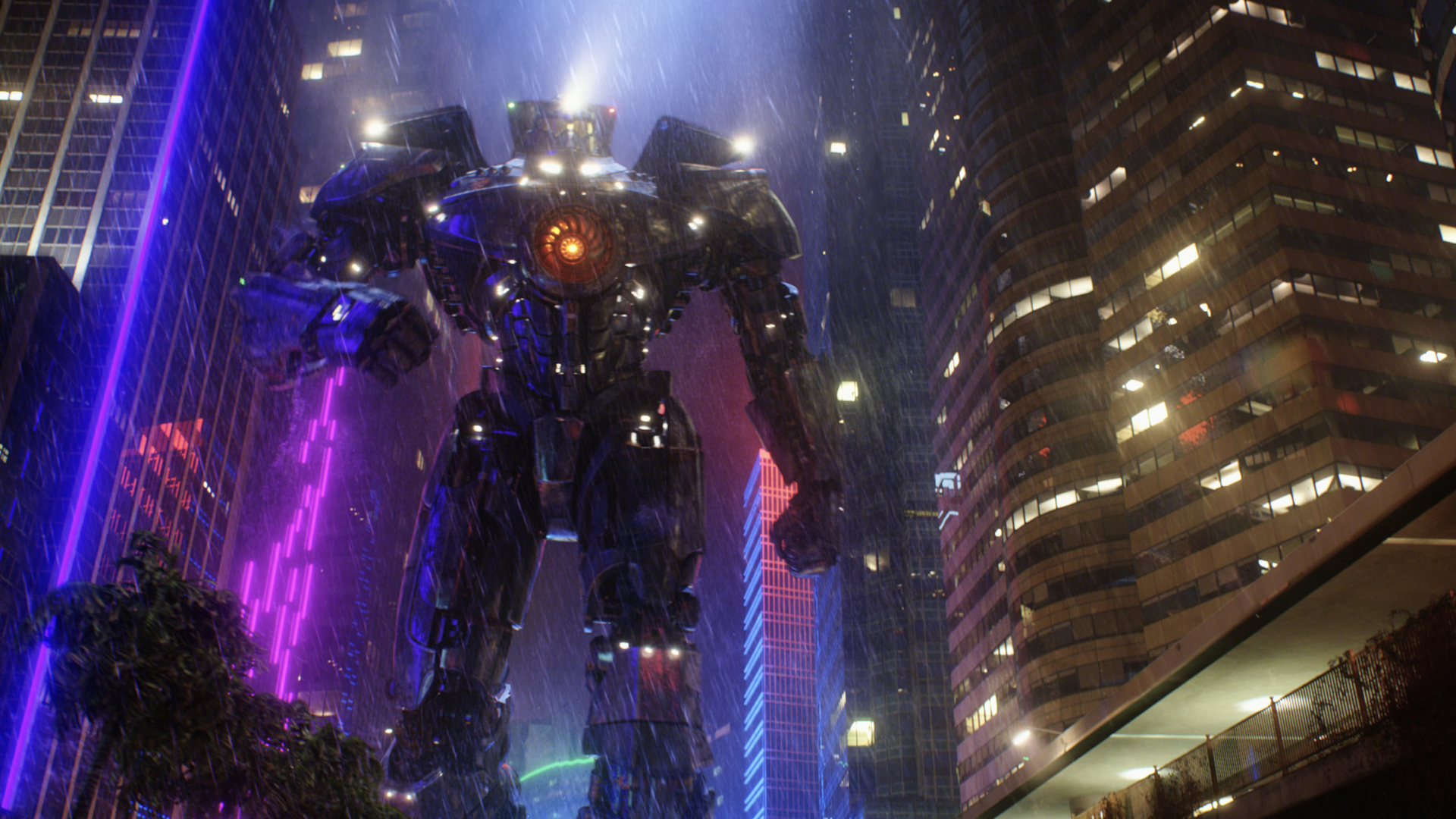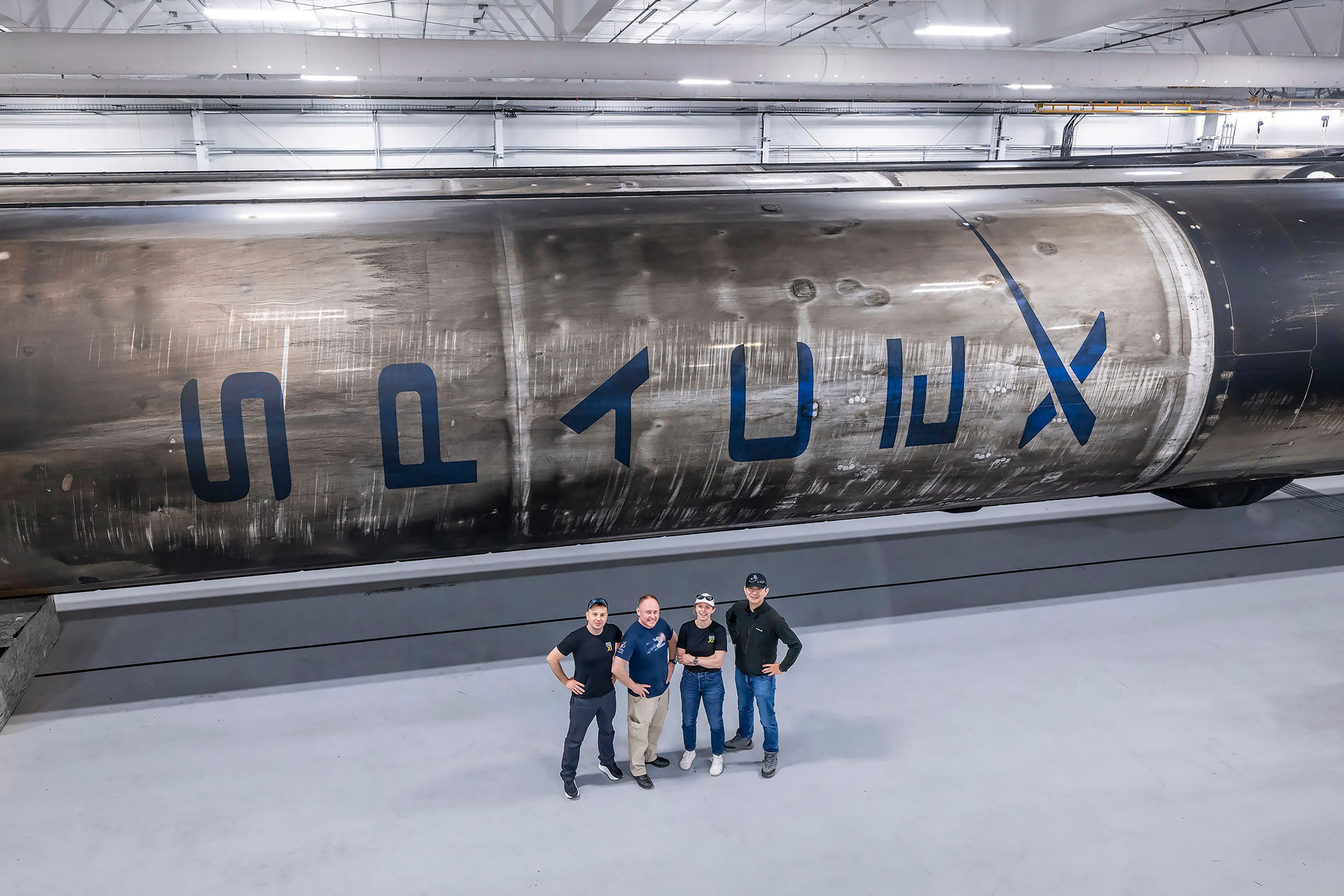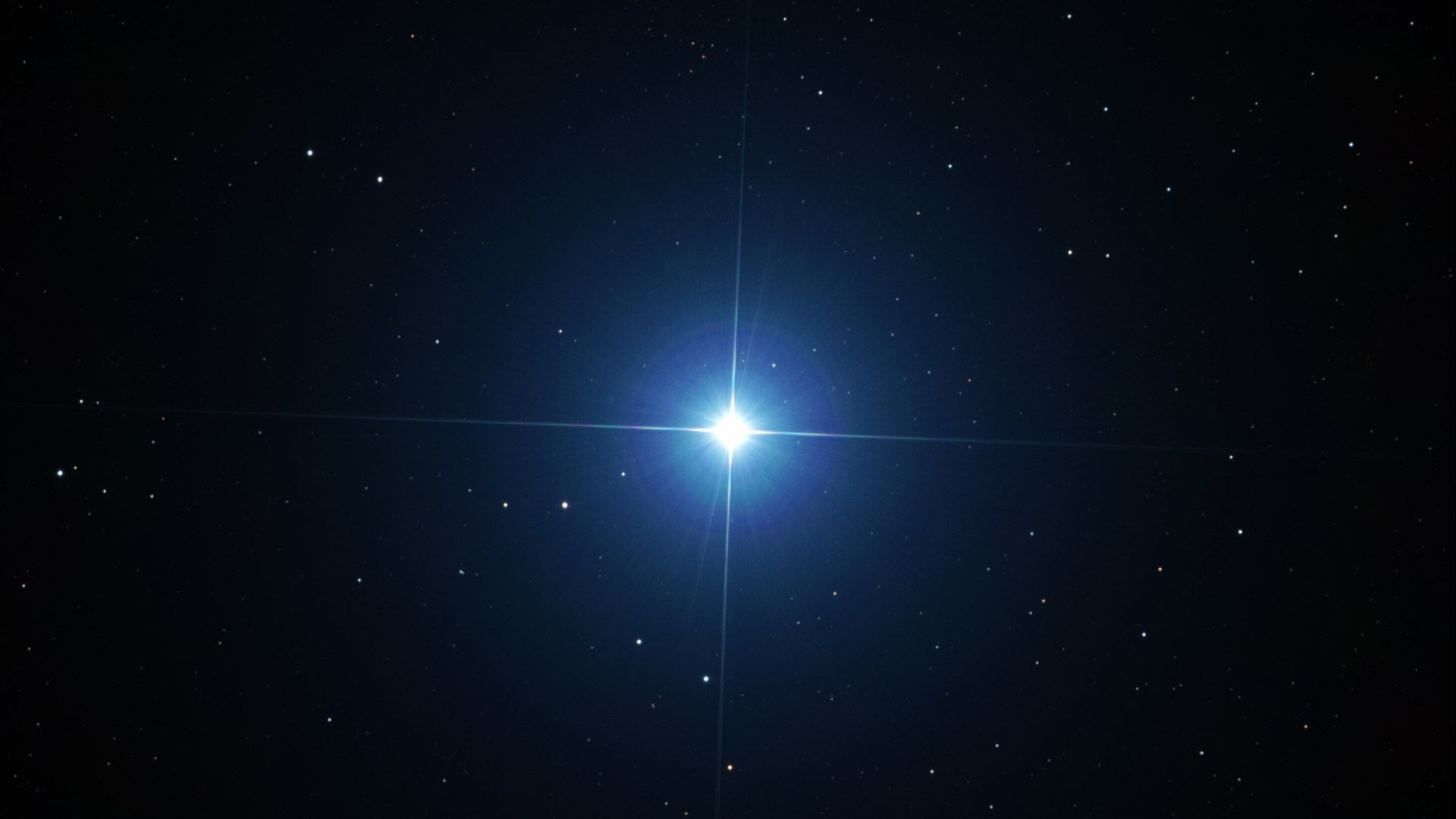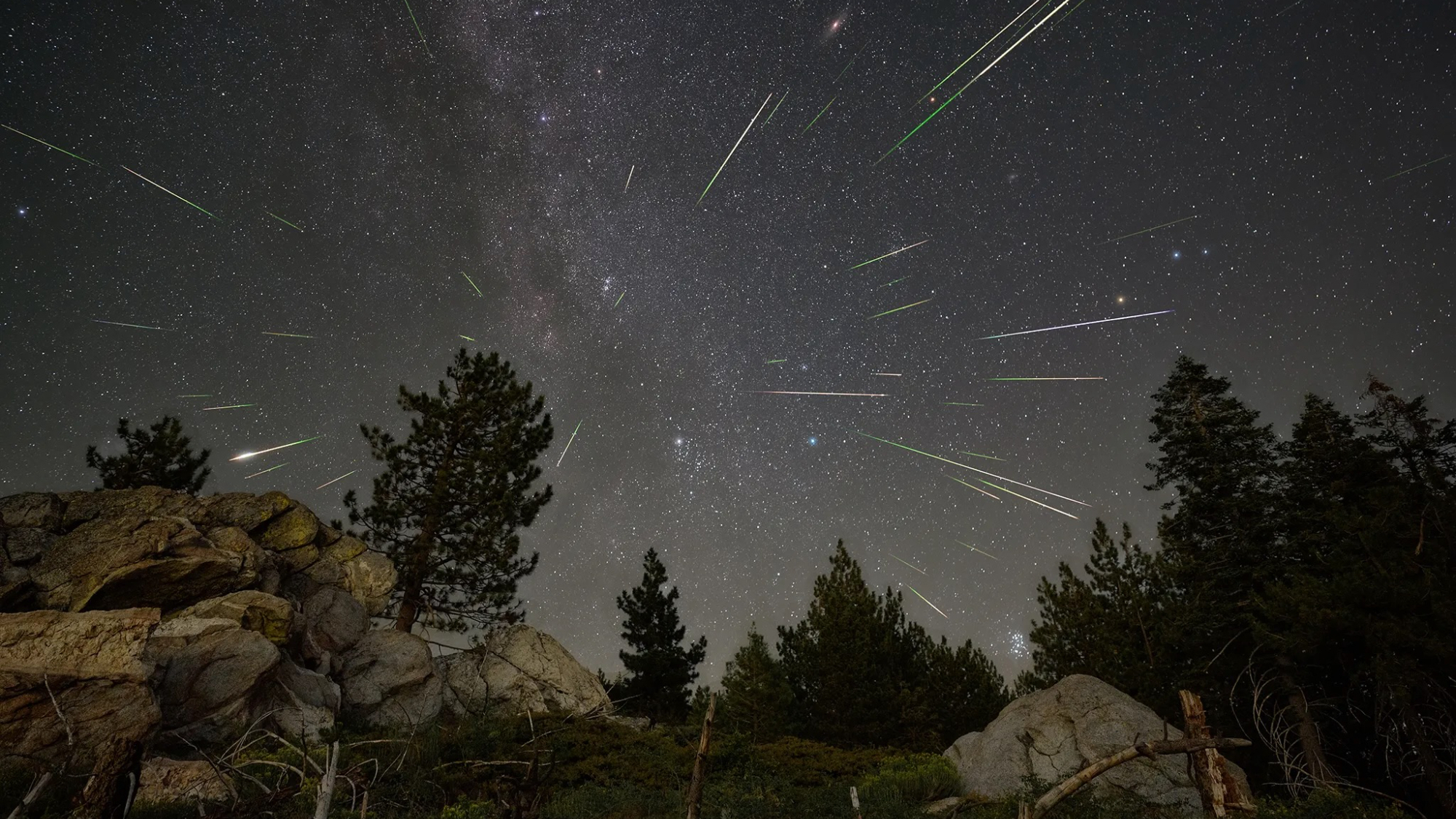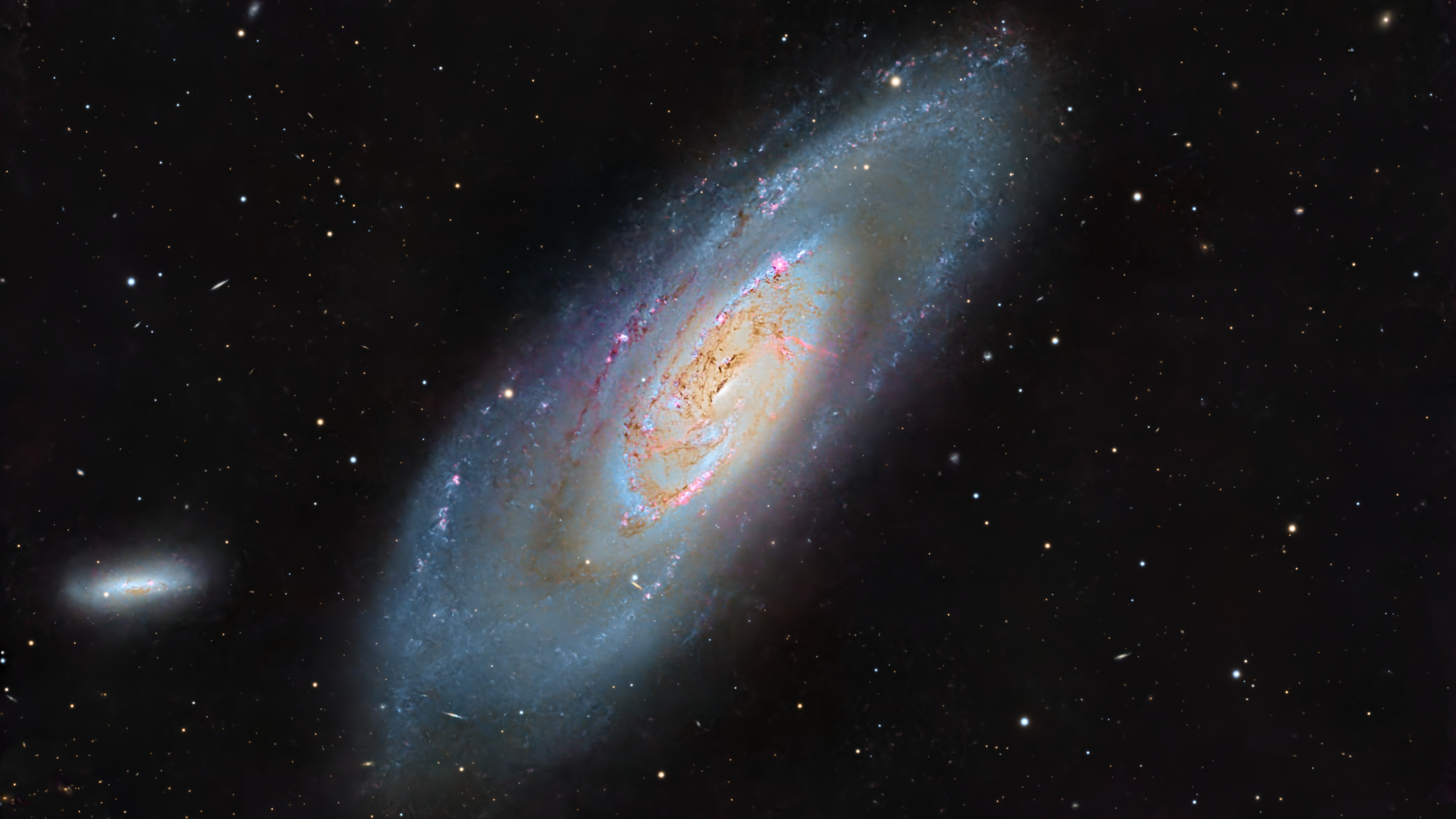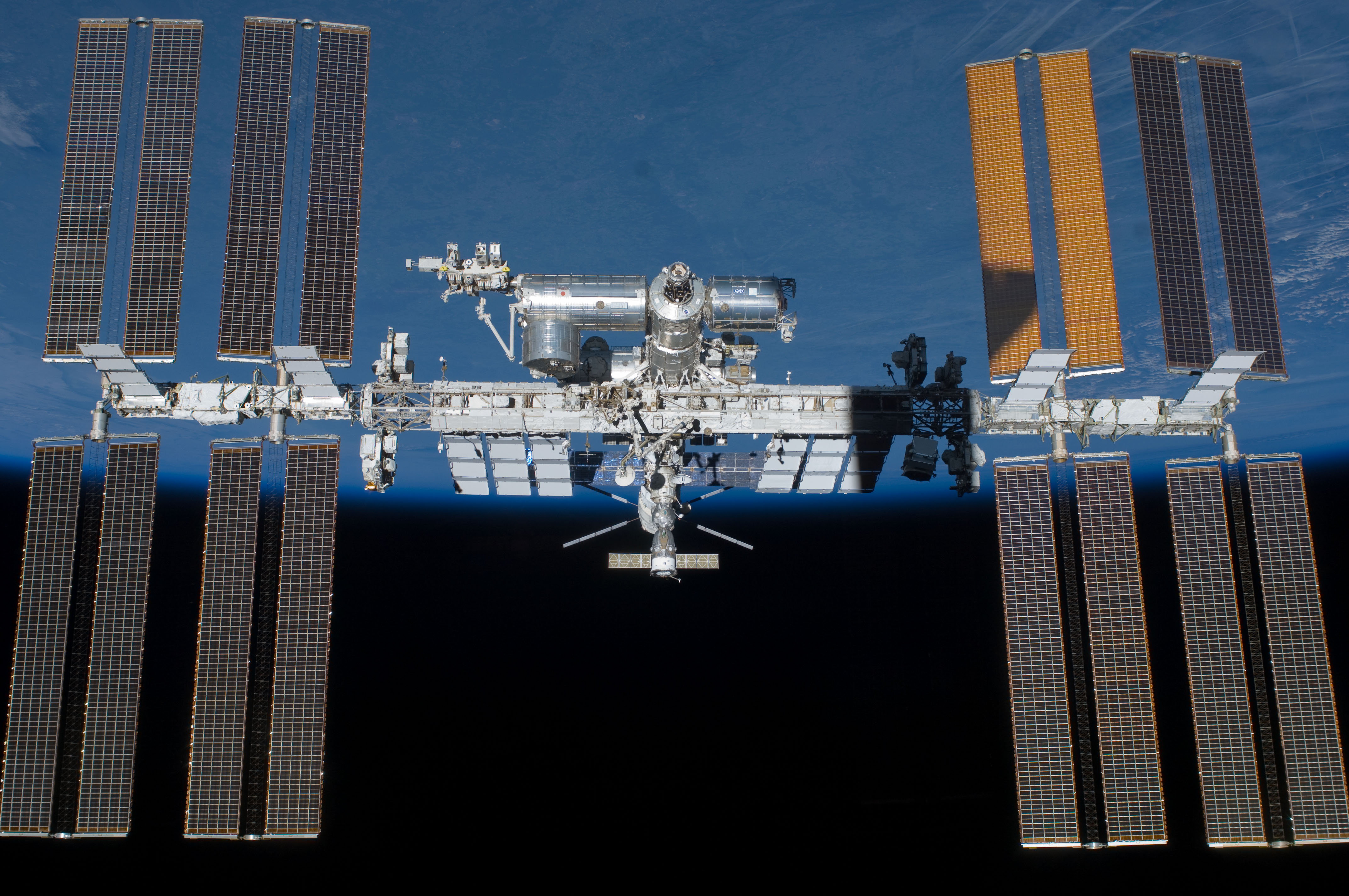
The six astronauts living aboard the International Space Station (ISS) will be OK despite a Russian cargo ship's failure to make it to orbit Thursday (Dec. 1), NASA officials said.
The uncrewed Progress 65 freighter fell back to Earth shortly after liftoff Thursday, apparently doomed by a problem with the third stage of its Soyuz rocket. The spacecraft and its 2.6 tons (2.36 metric tons) of food, equipment and other supplies burned up in the atmosphere over southern Russia, Russian space officials said.
But there's no danger that crewmembers of the station's current Expedition 50 will go hungry or thirsty, according to NASA officials. [Watch Russia Launch the Progress 65 Cargo Ship]

"The Expedition 50 crew is safe aboard the station. Consumables aboard the station are at good levels," NASA spokesman Dan Huot, of the agency's Johnson Space Center in Houston, told Space.com via email.
"An H-II Transfer Vehicle (HTV)-6 from the Japan Aerospace Exploration Agency (JAXA) is scheduled to launch to the space station on Friday, Dec. 9," he added, referring to another of the four robotic cargo ships that currently ferry supplies to the ISS. (The other two freighters are the Dragon and Cygnus spacecraft, which are built by the American companies SpaceX and Orbital ATK, respectively.)
The HTV is capable of carrying up to 6.6 tons (6 metric tons) of cargo up to the ISS.
The Progress 65's lost payload included 1,400 lbs. (635 kilograms) of propellant, 112 lbs. (51 kg) of oxygen, 925 lbs. (420 kg) of water, and 2,750 lbs. (1,247 kg) of scientific gear, hardware and other supplies, NASA officials said.
Get the Space.com Newsletter
Breaking space news, the latest updates on rocket launches, skywatching events and more!
"Among the U.S. supplies on board were spare parts for the station’s environmental control and life support system, research hardware, crew supplies and crew clothing, all of which are replaceable," NASA officials wrote in an update Thursday.
The six crewmembers aboard the ISS are NASA astronauts Shane Kimbrough (the Expedition 50 commander) and Peggy Whitson; cosmonauts Oleg Novitskiy, Andrei Borisenko and Sergey Ryzhikov; and Frenchman Thomas Pesquet.
ISS crews have weathered cargo-mission failures before. A Cygnus was lost shortly after liftoff in October 2014 when its Antares rocket exploded, for example, and the Progress 59 vehicle didn't make it to the ISS after its April 2015 launch. And a SpaceX Falcon 9 rocket broke apart less than 3 minutes after launch in June 2015, scuttling a Dragon resupply run.
Follow Mike Wall on Twitter @michaeldwall and Google+. Follow us @Spacedotcom, Facebook or Google+. Originally published on Space.com.
Join our Space Forums to keep talking space on the latest missions, night sky and more! And if you have a news tip, correction or comment, let us know at: community@space.com.

Michael Wall is a Senior Space Writer with Space.com and joined the team in 2010. He primarily covers exoplanets, spaceflight and military space, but has been known to dabble in the space art beat. His book about the search for alien life, "Out There," was published on Nov. 13, 2018. Before becoming a science writer, Michael worked as a herpetologist and wildlife biologist. He has a Ph.D. in evolutionary biology from the University of Sydney, Australia, a bachelor's degree from the University of Arizona, and a graduate certificate in science writing from the University of California, Santa Cruz. To find out what his latest project is, you can follow Michael on Twitter.





